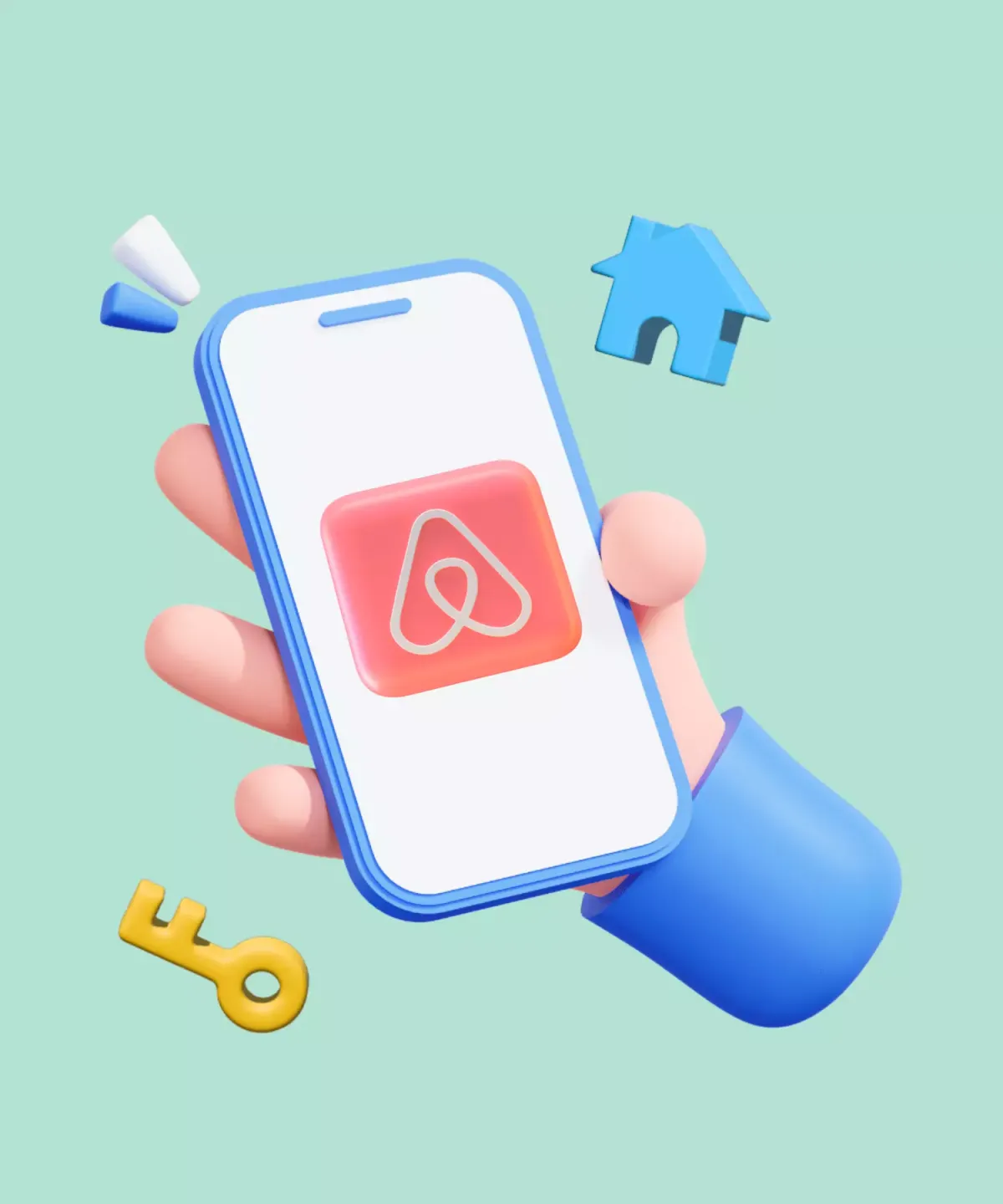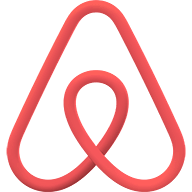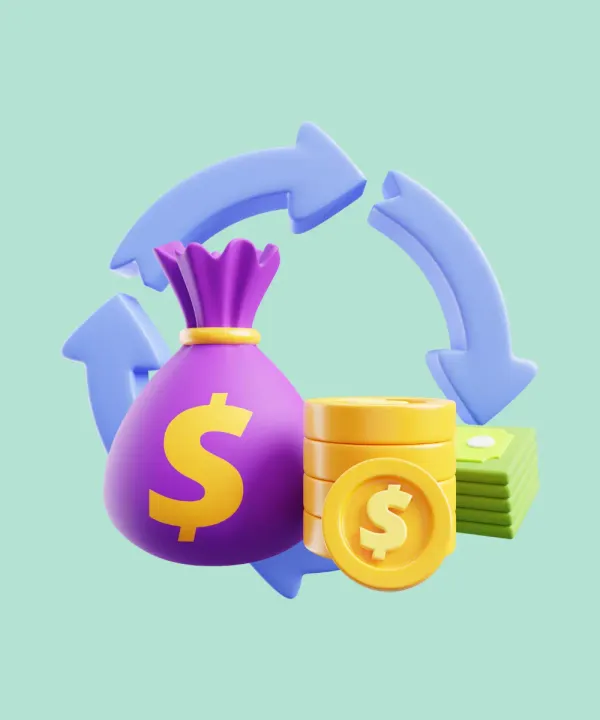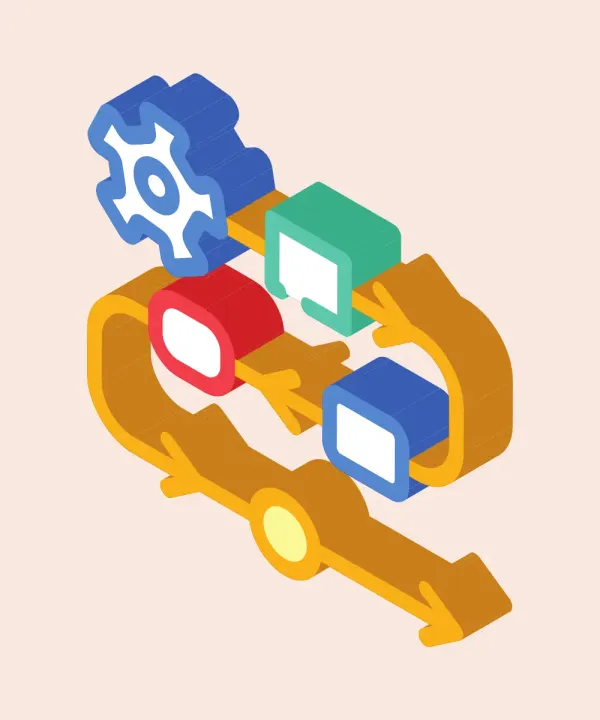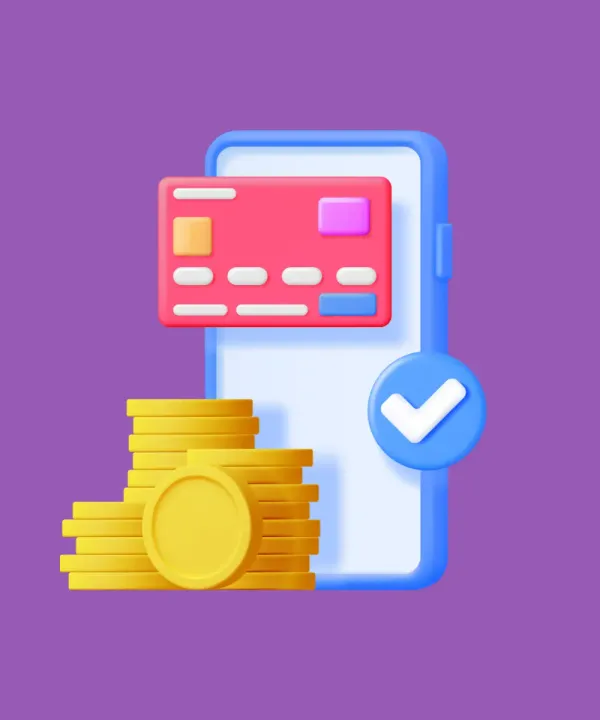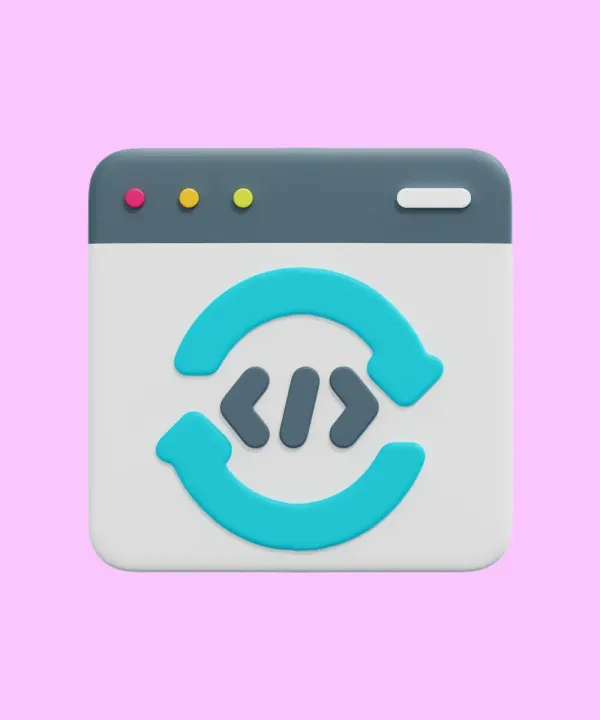In the ever-evolving landscape of digital platforms and mobile applications, Airbnb has risen as a beacon of innovation. It not only transformed the travel industry but also set new standards for platform usability and functionality. Its model – connecting global travelers with local hosts – has transcended cultural and geographical boundaries, making traveling more personalized and homes more profitable. This magic, in essence, is driven by a robust digital backbone: its app.
Given Airbnb's success, it's no wonder many budding entrepreneurs and established businesses ask: How much would it cost to develop an app that mirrors Airbnb’s functionality and success? This question doesn't only touch upon financial aspects but also delves into the intricate details of features, user experience, design, and the technology stack.
In this comprehensive guide, we’ll unpack the cost of creating a mobile application using Flutter, focusing on Airbnb's core functionalities and essential features. We'll be using a development rate of $40/hour for calculations, which is an industry standard for many mid-level developers.
Whether you’re a startup aiming to disrupt the market or a business looking to diversify its digital assets, understanding the cost structure and intricacies of app development can give you a competitive edge. So, let’s journey through the realm of app development and see what it takes to create a digital marvel akin to Airbnb!
Understanding the Core Functionality of Airbnb
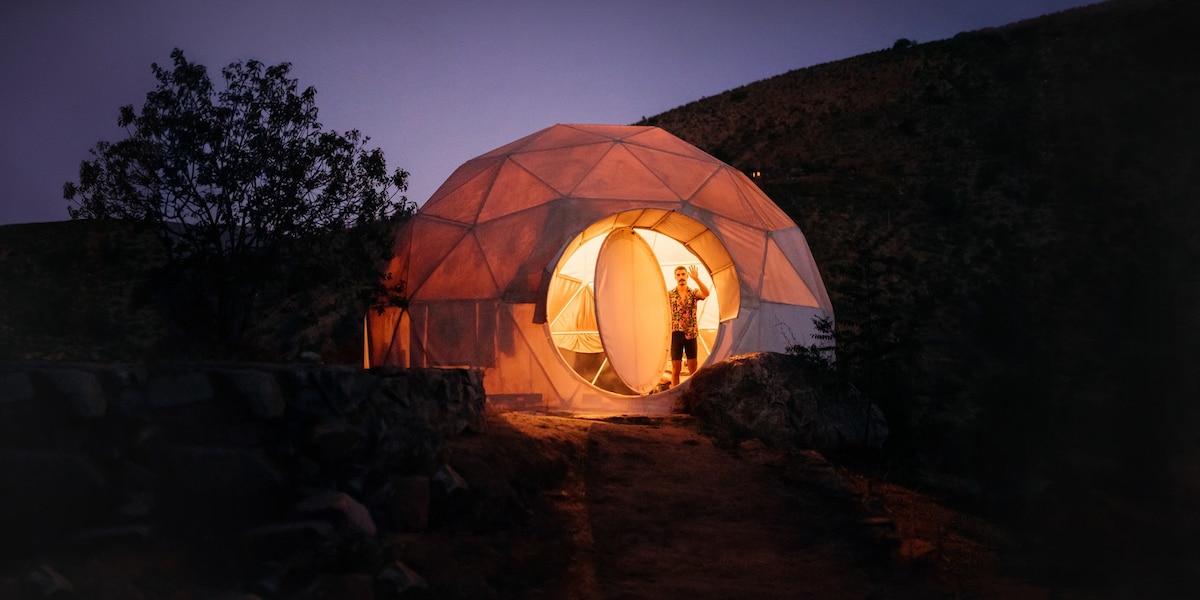
Every app that reaches the pinnacle of success, like Airbnb, is built upon a foundation of core functionalities that ensure its smooth operation, user-friendliness, and unique market offering. Airbnb's monumental success isn't solely because of its novel idea but largely due to how its features and functionalities cater to both hosts and guests, creating a symbiotic ecosystem. Here’s an in-depth exploration:
User profiles & authentication
- Profiles as digital visiting cards: Airbnb profiles serve as personal digital footprints. They store essential information, including user photos, preferences, and past activity. Hosts showcase their properties, while guests detail their travel preferences and history.
- Authentication for security: A robust authentication system is foundational to Airbnb. It uses email verification, phone number verification, and even integrates social media logins. Secure sign-ins, combined with two-factor authentication in some cases, ensure that user data is protected.
Search & filters
- Expansive search bar: At the heart of Airbnb is its powerful search functionality. A user can input a city, landmark, or even a country, and Airbnb fetches relevant results.
- Detail-oriented filters: Filters further refine this search. Users can adjust their preferences for property type, price range, number of bedrooms, specific amenities (like a pool or Wi-Fi), and even unique stays (like treehouses or yurts).
Listings with detailed views
- Visual appeal: Each property is showcased through high-resolution images, offering a virtual tour of the space. Some listings also provide video walkthroughs or 360-degree views.
- Comprehensive details: Every listing comes with a detailed description — from the type of property, amenities available, house rules, to the check-in process. This transparency ensures guests know precisely what they're signing up for.
Booking & payment systems
- Instant book and reservation requests: While some listings can be booked instantly, others require host approval. This flexible booking mechanism caters to the comfort levels of hosts and the urgency of guests.
- Integrated payments: A vital part of any rental platform like Airbnb is ensuring users can make secure, reliable, and fast payments. Airbnb offers an integrated payment gateway, accepting various payment methods, including credit cards, PayPal, and more. As an example, we take the most popular one - Stripe. Stripe is known for its robust security measures. For instance, it allows users to save card information for faster future payments, handle currency conversions, and more. Airbnb-like platforms need to ensure hosts receive their payments promptly. Integrating with a system like Stripe can automate and streamline these payouts.
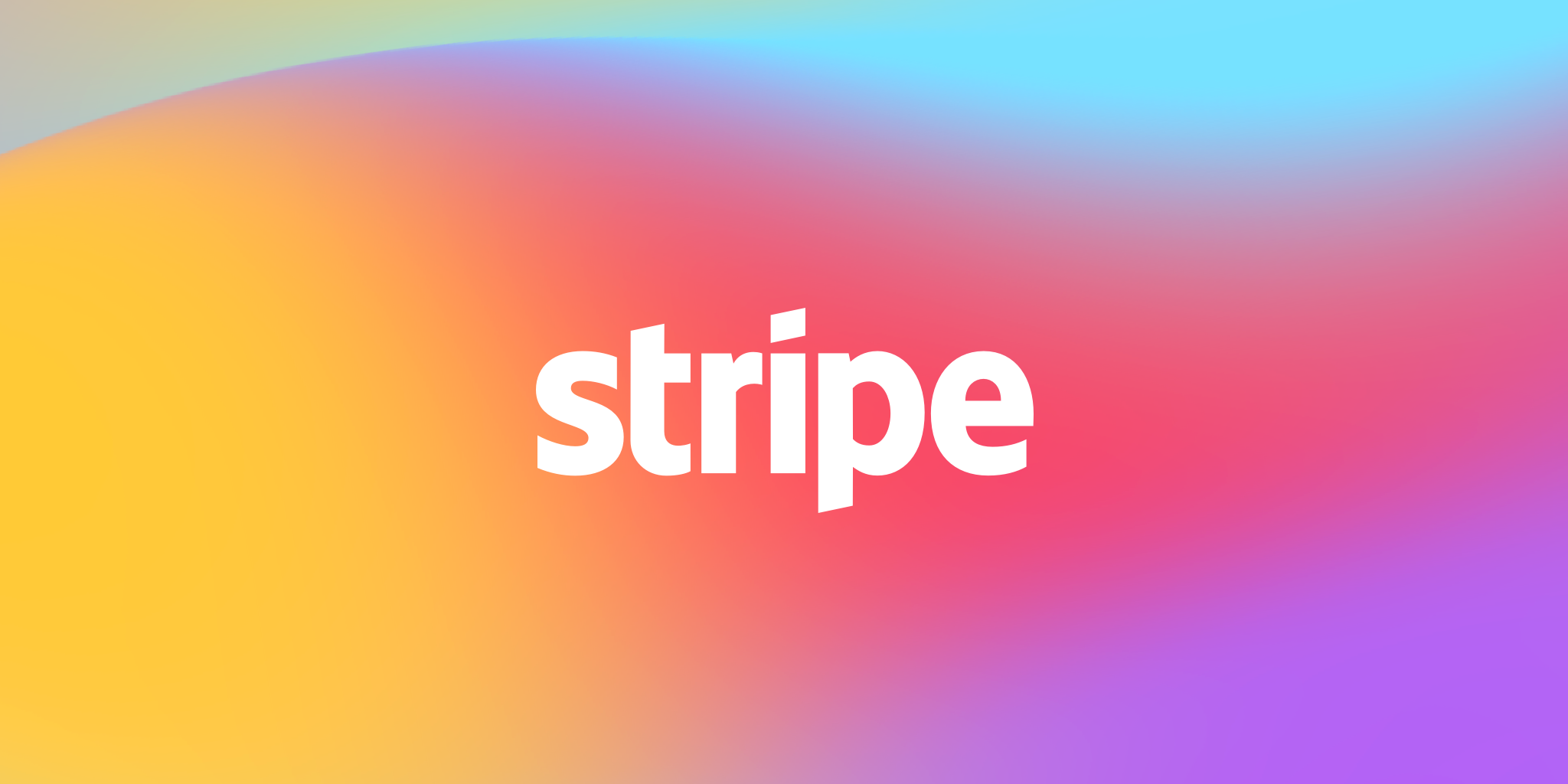
Reviews & ratings
- Post-stay feedback: Once a stay is completed, both hosts and guests can review each other. These reviews, visible to the public, play a crucial role in decision-making for future bookings.
- Criteria-based ratings: Beyond general reviews, hosts and guests rate each other on specific criteria like cleanliness, communication, value, and location. This granularity offers a well-rounded view of experiences.
Interactive maps
- Location Insights: Airbnb listings are plotted on interactive maps, offering users a geographical context. This helps guests understand the property's proximity to landmarks, transportation hubs, or neighborhoods of interest.
Messaging system
- Bridging hosts and guests: Integrated messaging allows potential guests to communicate directly with hosts, asking questions, seeking clarifications, or discussing booking details. This direct line of communication fosters trust and clarity.
Wish lists
- Dream now, travel later: Users can save interesting properties to their wish lists. Whether planning a dream vacation or just gathering inspiration, this feature allows users to bookmark their favorite spots.
Experiences
- Beyond stays: Airbnb expanded from just offering places to stay. 'Experiences' allow locals to host activities, classes, or tours, offering travelers unique, localized activities that go beyond traditional tourism.
Hosting dashboard
- Management simplified: For hosts, Airbnb offers a comprehensive dashboard. From managing listings, checking upcoming reservations, updating availability calendars, to keeping track of earnings - everything a host needs is centralized.
Understanding each of these functionalities offers a clear picture of the complexity and user-centric design of Airbnb. Replicating or drawing inspiration from these features requires a deep appreciation of their intent and a commitment to enhancing user experience.
Web responsiveness
- Adaptability for web, especially in the context of the Airbnb platform, ensures that users can access and use the service smoothly and effectively regardless of the device they're using. Given Airbnb's global audience who might be accessing the platform from various devices, this feature is absolutely vital.
Additional Considerations
While understanding the core functionalities of an Airbnb-like app gives a solid foundation for the development process, several other factors come into play when devising a complete project strategy. These factors often play a pivotal role in determining the final cost, the development timeline, and the ultimate success of the app. Let's delve into these considerations:
Design & user experience (UX)
- Aesthetics meet functionality: Airbnb stands out due to its clean, intuitive, and appealing design. A user-friendly interface ensures smooth navigation, and the choice of color schemes, fonts, and graphical elements can make or break user engagement. Ensuring a seamless UX not only entails a visually appealing design but also efficient page transitions, logical information architecture, and quick response times.
Backend infrastructure & database
- Sturdy foundations: The strength of any app lies in its backend — the unseen machinery that powers the visible features. Implementing a robust server backend is crucial for storing user profiles, property details, images, reviews, and transaction history. Scalability should be a priority, considering potential growth in users and listings.
Third-party integrations
- Enhancing with external tools: Integration of third-party services can significantly enhance the app's functionality. For instance, payment gateways (like Stripe or PayPal), map services (like Google Maps), SMS gateways for notifications, or even AI-driven chatbots for customer support can be pivotal to the app's operation and user satisfaction.
Multi-platform compatibility
- Reach across devices: If you're considering building your app using Flutter, you have the advantage of developing for both iOS and Android simultaneously. However, ensuring that the app performs consistently across different devices, screen sizes, and operating systems can add to the development time.
Localization & globalization
- Thinking globally: Airbnb's success lies in its global reach. To cater to a worldwide audience, your app should support multiple languages, currencies, and cultural nuances. Implementing localization not just on a linguistic level, but also in terms of content and design can be crucial if you’re aiming for global traction.
Security & compliance
- Trust as a priority: In a platform where personal details, homes, and financial transactions intersect, security can’t be an afterthought. Implementing encryption, secure payment gateways, and data protection protocols is essential. Moreover, understanding and complying with global regulations related to user data and transactions, like GDPR, is mandatory.
Testing & quality assurance
- Perfection through iteration: Before launch, rigorous testing ensures that the app is free from bugs, glitches, or security vulnerabilities. This process includes usability testing, performance testing, and security audits. Regular updates and iterations post-launch, based on user feedback, further refine the app experience.
By accounting for these additional considerations, one can navigate the challenges of app development with foresight. Each aspect, though demanding, adds layers of depth and functionality to the final product, ensuring its longevity and success in a competitive marketplace.
Cost Estimation for Developing an App Like Airbnb
Here's a detailed table that outlines the overall development cost, incorporating the core functionalities of Airbnb and the additional considerations:
| Feature | Estimated Hours | Cost $40/hour |
|---|---|---|
| Core Features | ||
| User Profiles & Authentication | 70-90 hours | $2,800-$3,600 |
| Search & Filters | 60-80 hours | $2,400-$3,200 |
| Listings with Detailed Views | 80-100 hours | $3,200-$4,000 |
| Booking System | 120-140 hours | $4,800-$5,600 |
| Payment System Integration (Stripe) | 70-90 hours | $2,800-$3,600 |
| Reviews & Ratings | 50-70 hours | $2,000-$2,800 |
| Interactive Maps | 60-80 hours | $2,400-$3,200 |
| Messaging System | 70-90 hours | $2,800-$3,600 |
| Wish Lists | 30-50 hours | $1,200-$2,000 |
| Experiences | 50-70 hours | $2,000-$2,800 |
| Hosting Dashboard | 80-100 hours | $3,200-$4,000 |
| Web Responsiveness | 120-160 hours | $4,800-$6,400 |
| Additional Considerations | ||
| Design & UX | 110-130 hours | $4,400-$5,200 |
| Backend Infrastructure & Database | 160-200 hours | $6,400-$8,000 |
| Third-party Integrations | 70-90 hours | $2,800-$3,600 |
| Multi-platform Compatibility | 90-110 hours | $3,600-$4,400 |
| Localization & Globalization | 60-80 hours | $2,400-$3,200 |
| Security & Compliance | 80-100 hours | $3,200-$4,000 |
| Testing & Quality Assurance | 90-110 hours | $3,600-$4,400 |
| TOTAL | 1,520-1,930 hours | $60,800-$77,200 |
Please note that these are rough estimates and actual development times can vary significantly depending on many factors, such as the specific requirements of the project, the tools and technologies used, the team's experience and skill level, and so on. Furthermore, these estimates do not include time for project management, deployment, maintenance, and other essential aspects of software development.
We've evaluated developing on both Android and iOS using Flutter, primarily because it offers roughly a 50% cost reduction for these kinds of applications. To put it in perspective, native development for Android and iOS would cost much more, both with higher subsequent support expenses.
To learn more about factors influenced app development costs read our comprehensive article about app development cost that delves deep into these considerations, providing clarity for those looking to explore this avenue.
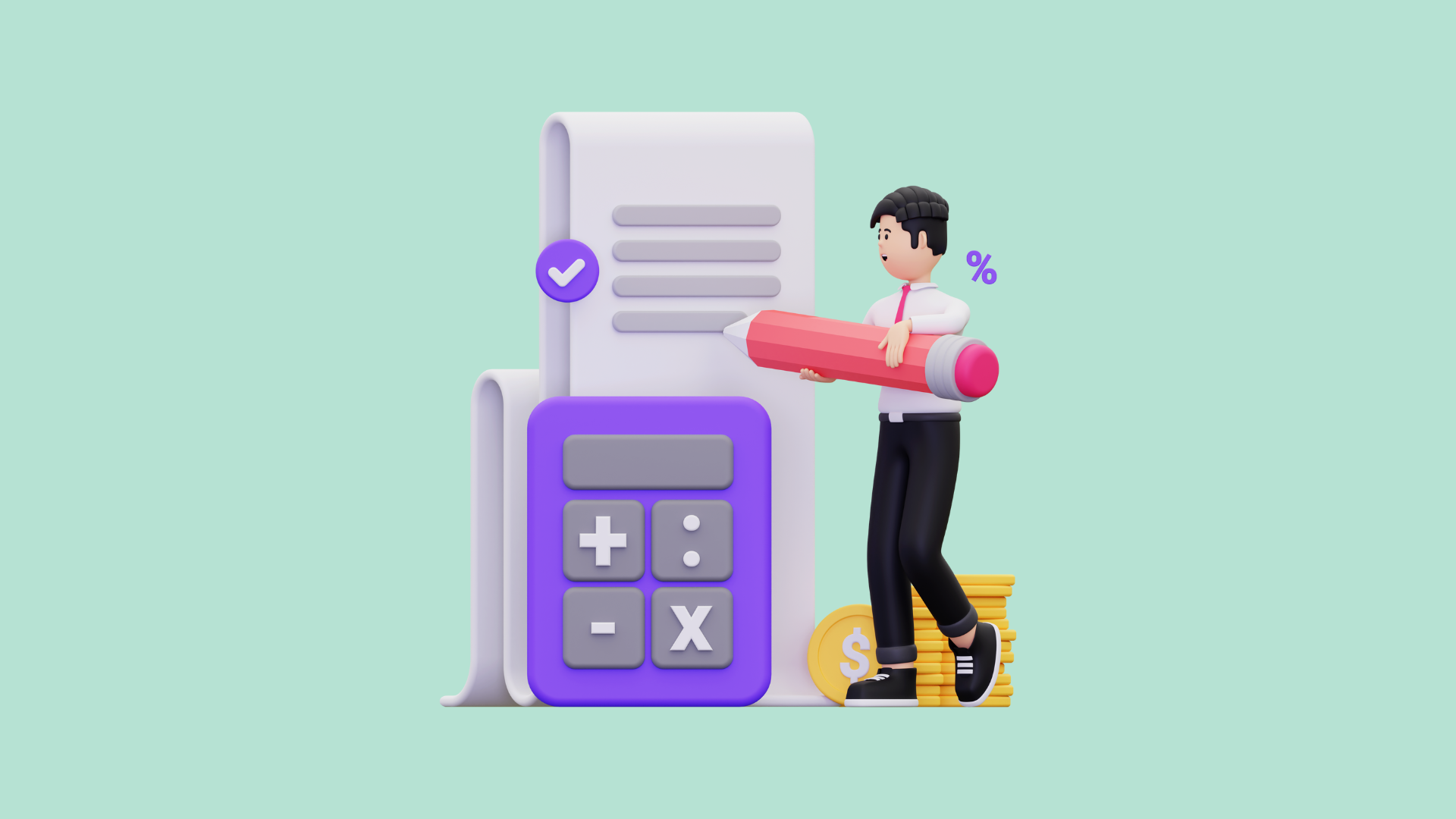
Things to Consider When to Make an App Like Airbnb
The travel industry is booming, and with the rise of platforms like Airbnb, many entrepreneurs are looking to tap into this lucrative market. Creating an app similar to Airbnb can be a brilliant move, but there are crucial considerations to be made. Whether you're looking to create a space for travelers, digital nomads, or families on vacation, understanding the intricacies of app development in this niche is vital. As a Flutter development agency, we've honed in on key points you should consider:
- Understanding the target audience. Every platform has its own unique user base. Airbnb primarily targets travelers seeking unique experiences and homeowners looking to monetize their vacant spaces. Before diving into development, conduct comprehensive market research to define and understand your target audience.
- User Experience (UX) and User Interface (UI). Airbnb’s success is partly due to its intuitive UI and UX. Using Flutter for development ensures a seamless and efficient design across multiple platforms. Prioritize a clean, easy-to-navigate interface with intuitive features.
- Unique value proposition (UVP). With Airbnb already dominating the market, your app needs a differentiating factor. It could be anything from catering specifically to luxury travelers, eco-friendly accommodations, or integrating local tour experiences.
- Security measures. Trust is a big component of platforms like Airbnb. Ensure that user data is protected with top-notch security protocols. Also, consider implementing features like verified profiles, secure payment gateways, and a review system to instill trust.
- Compliance and regulations. Different regions have different regulations for short-term rentals. Before launching, understand the legal landscape of your target markets and build features that help hosts stay compliant.
- Localization. A global platform needs to cater to a diverse audience. Localizing content based on region, language, and cultural nuances can create a more personalized user experience.
- Monetization strategies. While commission-based models are popular, explore various monetization methods like subscription models, premium listings, or in-app advertising. It's essential to strike a balance that provides value to users while ensuring profitability.
- Community building. Foster a sense of community within your platform. Features like user reviews, recommendations, and interactive forums can help users connect and share experiences, ensuring they return to your platform for their next adventure.
- Hiring app development agency. Crafting an app of Airbnb’s caliber isn’t a solo endeavor. Collaborating with a seasoned app development agency brings in expertise, reduces go-to-market time, and ensures professional handling of all technical aspects. An agency will provide the guidance, resources, and technical prowess needed to turn your vision into a tangible, functioning platform.
- Post-launch support and updates. The journey doesn't end once the app is live. Continuous updates, troubleshooting, and enhancements based on user feedback are paramount to the app’s longevity and success.
Conclusion
Developing an app like Airbnb using Flutter involves a myriad of elements. With an estimated range between 1,520-1,930 hours, the total cost for such an endeavor would sit between $60,800 and $77,200. It's essential to note that these figures are approximate, with actual costs possibly varying based on the complexity of design, third-party integrations, and any additional features tailored to your app's unique needs.
Understanding the app's core functionality, integrating it seamlessly, and ensuring the app provides value to its users is the bedrock of its success. Are you ready to embark on this development journey? What the Flutter is here to help turn your vision into a reality!
By choosing a reliable mobile app development agency like What the Flutter, you can ensure that your app is built to the highest standards of quality and performance. With our expert team, we can create a stunning, high-performing Airbnb-like app tailored to your specific requirements. Contact us today!
Frequently Asked Questions
- What is Airbnb?
Airbnb is an online marketplace that connects travelers with hosts who want to rent out their properties. Users can search for accommodations in various locations, book them, and even offer their own spaces for rent.
- How much does it cost to make an app like Airbnb?
The cost to make an app like Airbnb can vary widely based on factors such as platform (iOS, Android, or both), design complexity, number of features, and region where the development is taking place. On average, it can range from $60,800 to $77,200+. For a more detailed breakdown, refer to the main article.
- What are the key features of an Airbnb-like app?
Key features include:
- User registration and profile management
- Property listing with detailed descriptions and photos
- Search and filter options
- Booking and payment integration
- Reviews and ratings
- Messaging and communication system
- Map integration
- How long does it take to develop an app like Airbnb?
The development timeline can range from 3 months for a basic version to over a year for a more complex, feature-rich app. The duration depends on the scope of the project, the features required, and the resources allocated.
- Do I need separate apps for hosts and guests?
While Airbnb uses a single app for both hosts and guests, you can choose to have separate apps. However, a unified app can provide a seamless user experience and reduce overall development costs.
- What about the legal aspects of creating a platform like Airbnb?
Before launching an app like Airbnb, it's essential to understand and comply with local regulations related to property rentals, hospitality, and online marketplaces. It's recommended to consult with legal professionals in your target market.
- How can I monetize my Airbnb-like app?
Monetization strategies can include:
- Commission from each booking
- Featured listings for hosts
- Affiliate partnerships with local businesses or tour operators
- In-app advertisements
- How can I ensure the security of user data and transactions?
Incorporate industry-standard encryption methods, use secure payment gateways, regularly audit and update your software, and educate users about best practices.
- What kind of post-launch support will my app need?
Regular updates for bug fixes, new features, server maintenance, user support, and regular security assessments are some of the post-launch support activities.
- How do I promote my Airbnb-like app?
Marketing strategies can include social media promotion, influencer partnerships, search engine optimization (SEO), app store optimization (ASO), pay-per-click advertising, and content marketing.

